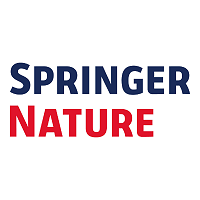OBJECTIVE: To determine whether B vitamin treatment was sufficient to reduce cognitive impairment associated with high-fat diets in rats and to modulate transketolase (TK) expression and activity.METHODS: To test this, we separated 50 rats into five groups that were either fed a standard chow diet (controls) or a high-fat diet (experimental groups H0, H1, H2, and H3). H0 group animals received no additional dietary supplementation, while H1 group animals were administered 100 mg/kg body weight (BW) thiamine, 100 mg/kg BW riboflavin, and 250 mg/kg BW niacin each day, and group H2 animals received daily doses of 100 mg/kg BW pyridoxine, 100 mg/kg BW cobalamin, and 5 mg/kg BW folate. Animals in the H3 group received the B vitamin regimens administered to both H1 and H2 each day.RESULTS: Over time, group H0 exhibited greater increases in BW and fat mass relative to other groups. When spatial and memory capabilities in these animals were evaluated via conditioned taste aversion (CTA) and Morris Water Maze (MWM), we found B vitamin treatment was associated with significant improvements relative to untreated H0 controls. Similarly, B vitamin supplementation was associated with elevated TK expression in erythrocytes and hypothalamus of treated animals relative to those in H0 (P<0.05).CONCLUSION: Together, these findings suggest B vitamin can modulate hypothalamic TK activity to reduce the severity of cognitive deficits in a rat model of obesity. As such, B vitamin supplementation may be a beneficial method for reducing cognitive dysfunction in clinical settings associated with high-fat diets.

B Vitamins Supplementation Can Improve Cognitive Functions and May Relate to the Enhancement of Transketolase Activity in A Rat Model of Cognitive Impairment Associated with High-fat Diets
Review badges
0 pre-pub reviews
0 post-pub reviews